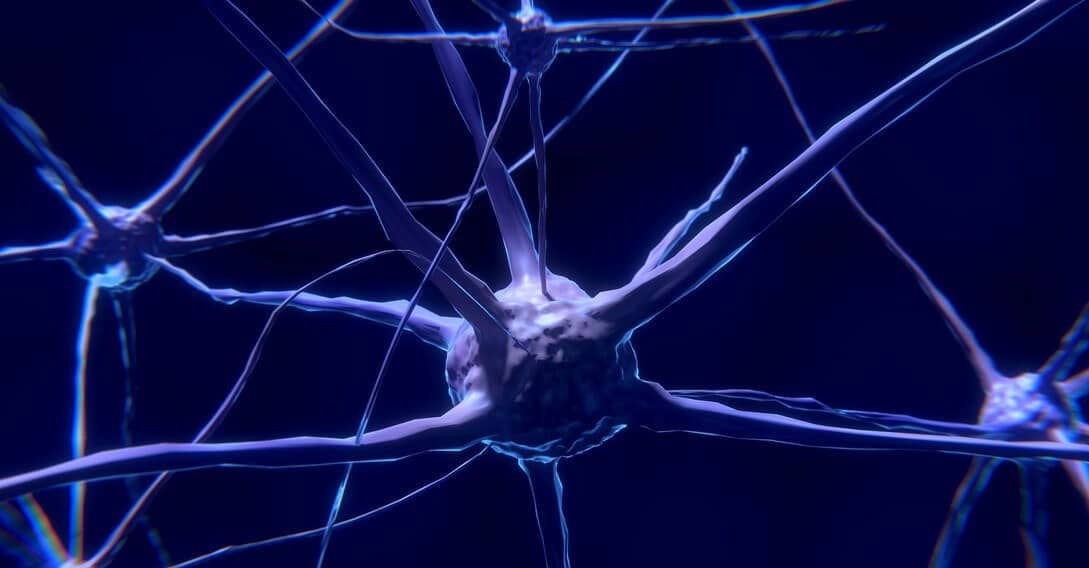OCD: Symptoms and Diagnosis
When people have a diagnosis of obsessive compulsive disorder (OCD) their symptoms are serious enough that they interfere with daily functioning.
Society uses the term OCD loosely but it is a serious condition, with symptoms ranging from relatively mild to severe. If before leaving home you need to double-check that the iron is unplugged, that’s normal. If you have to unplug every appliance in the house each time you go out, that’s a real problem.
With OCD, obsessions and compulsions take up a considerable amount of time, generally an hour or more each day. People struggle with intrusive, unwanted and upsetting thoughts, images or impulses. These occur repeatedly, even when someone knows they don’t make sense. There may be a need to get things “just right” in order to temporarily relieve a feeling of discomfort or agitation. Those with OCD engage in compulsions—repetitive behaviors—to avoid a situation that triggers their obsessions or to make an obsession go away.
Symptoms of OCD can interfere with relationships, career, academics and self-worth. A diagnosis is made by a physician or mental health provider.
.




.
Related articles are shown below. If you don’t find what you’re looking for, you can search using the box at the upper right of the page or browse our forums.
The National Institute of Mental Health gives an overview of the symptoms associated with obsessive compulsive disorder (OCD) and diagnostic approaches. Signs & Symptoms People with OCD generally: Have repeated thoughts or images about many […]
Pediatric Autoimmune Neuropsychiatric Disorders Associated with Strep This article is adapted with permission from the Children’s and Adult Center for OCD and Anxiety. Founded and directed by Tamar Chansky, PhD, a leading expert on anxiety and OCD, the […]
The National Institute of Mental Health describes current criteria for recognizing and diagnosing PANS (pediatric acute-onset neuropsychiatric syndrome) with the following explanation. Because it is often difficult to demonstrate the relationship between strep infections and OCD/tic symptoms […]
Majid Ali, MD A simple model is presented for understanding the spectrum of Attention Deficit Disorder/Hyperactivity, learning disability, obsessive-compulsive disorder, autism, and Tourette syndrome. In this model, the focus is on developmental and acquired problems […]








